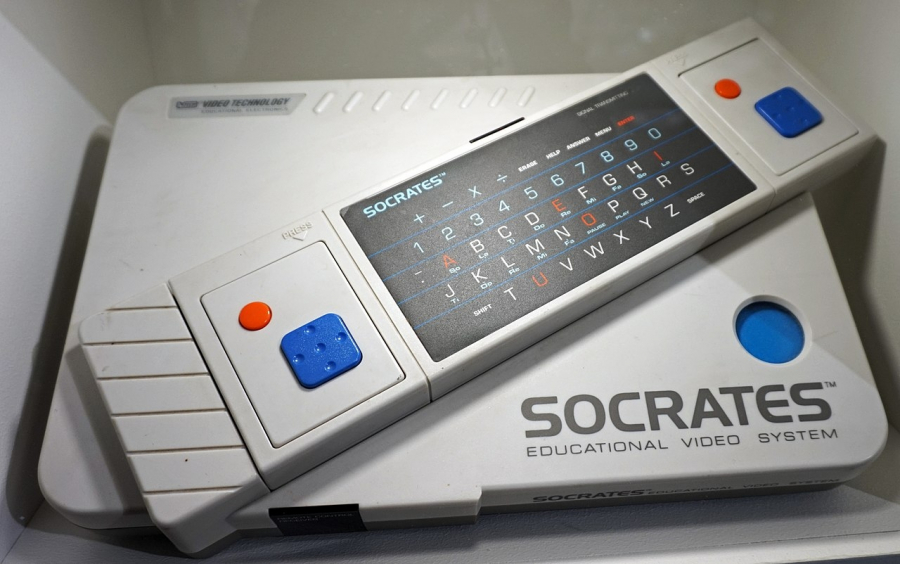As tech-related security issues increase, so does the concern over devices that are used on a daily basis, particularly by children.
Apple
The move emerges as a reaction to a letter, drafted by pair of notable investors, urging the tech giant to make more efforts to mitigate the harmful effects of smartphones.
The letter's authors, Jana Partners LLC and the California State Teachers' Retirement System (CalSTRS), control about $2 billion of Apple's shares, a value large enough to warrant change on the tech behemoth's part.
"We think deeply about how our products are used and the impact they have on users and the people around them," Apple said in their response. "We take this responsibility very seriously and we are committed to meeting and exceeding our customers' expectations, especially when it comes to protecting kids."
Yet the issue isn't just limited to large companies. It is a deep-rooted problem that is widespread in the tech sector. For instance, the toymaker VTech (HKG: 0303), a small company, now faces a $650,000 fine as well as probation for failing to integrate robust security measures into its products, resulting in the exposure of data for millions of families. According to the FTC summary of the case, "...about 2.25 million parents had registered and created accounts with Learning Lodge for nearly 3 million children. This included about 638,000 Kid Connect accounts for children. In addition, about 134,000 parents in the United States created Planet VTech accounts for 130,000 children by November 2015..."

It wasn't just the fact that VTech's website was fallible, it was also that the data was not encrypted in transit, violating security claims made in VTech's privacy policy. This was in direct violation of COPPA, a rule put in place protect children's privacy.
Apart from more intricate security issues, there have been more recommendations regarding the daily usage of smartphones and how that can be curbed.
"It's important that [parental control features] not be something that is seen as a complete solution, what's really important is as our kids are getting older we gradually give them more and more responsibility," says MediaSmarts director of education Matthew Johnson.
Technology such as "usage curfew" on phones to limit amount spent on it per day could be part of efforts to limit potentially deleterious effects on children. But such controls shouldn't be black and white: they should be easily adjustable and adaptable, so as to fit every family's needs.
Whatever effect these concerns have on the tech sector overall, Jana and CalSTRS responded to Apple's statement positively on Monday, saying, "We're pleased by Apple's continued recognition of their social responsibilities and commitment to customer satisfaction, including their attention to this issue, and by their commitment to offer parents more helpful tools and options in the future, and we look forward to a constructive discussion with them."
- https://techcrunch.com/2018/01/08/after-breach-exposing-millions-of-parents-and-kids-toymaker-vtech-handed-a-650k-fine-by-ftc/
- https://arstechnica.com/gadgets/2018/01/apple-will-introduce-more-robust-parental-controls/
- https://www.wsj.com/articles/apple-defends-its-smartphone-practices-for-children-after-investor-critique-1515458281
- http://nationalpost.com/pmn/news-pmn/canada-news-pmn/sorry-parents-apple-cant-keep-kids-from-getting-addicted-to-phones-experts














